Tools for studying H. pylori diseases
Tools for studying H. pylori diseases
Helicobacter pylori (H. pylori) is a gram-negative bacterium that can survive in the harsh acidic environment of the stomach. The infection of H. pylori is associated with ulcers, gastritis, and gastric cancer. It is believed that chronic inflammation caused by H. pylori infection leads to gastric carcinogenesis. NLRP3 is a component of the inflammasome and its activity is activated by H. pylori infection. In recent issue of Oncogene journal, Li et al. reported that a gastric cancer-overexpressing protein NLRP3 promotes cell proliferation via binding to Cyclin-D1 (CCND1) promoter and promotes its transcription in gastric epithelial cells. Besides, the authors identified miR-22, a miRNA decreased in gastric cancer, directly targets and inhibits NLRP3 expression. MiR-22 acts as a NLRP3 suppressor to attenuate its oncogenic effect in gastric cancer. Moreover, they demonstrated that H. pylori infection inhibits miR-22 expression which leads to uncontrolled NLRP3 expression, and that triggers cell proliferation and the emergence of gastric cancer. This result not only described a novel mechanism of H. pylori-associated gastric cancer development, but also identified NLRP3 suppressor miR-22 as a potential target for the intervention of gastric cancer. arigo offers quality antibodies and ELISA Kits to accelerate the research of H. pylori-associated gastric cancer development. |
|
Antibodies against H. pylori |
|
|
Antibodies for studying mechanism of H. pylori infection |
| E-Cadherin antibody [SQab1717] (ARG66195) |
ZO-1 antibody (ARG55738) |
p120 Catenin antibody [SQab20216] (ARG66803) |
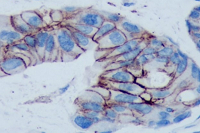 |
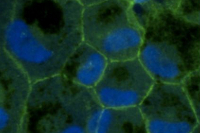 |
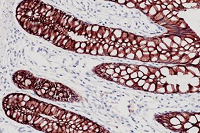 |
SHP-1 antibody [PTY11] (ARG10057) |
SHP-2 antibody (ARG55762) |
Smad3 antibody (ARG54985) |
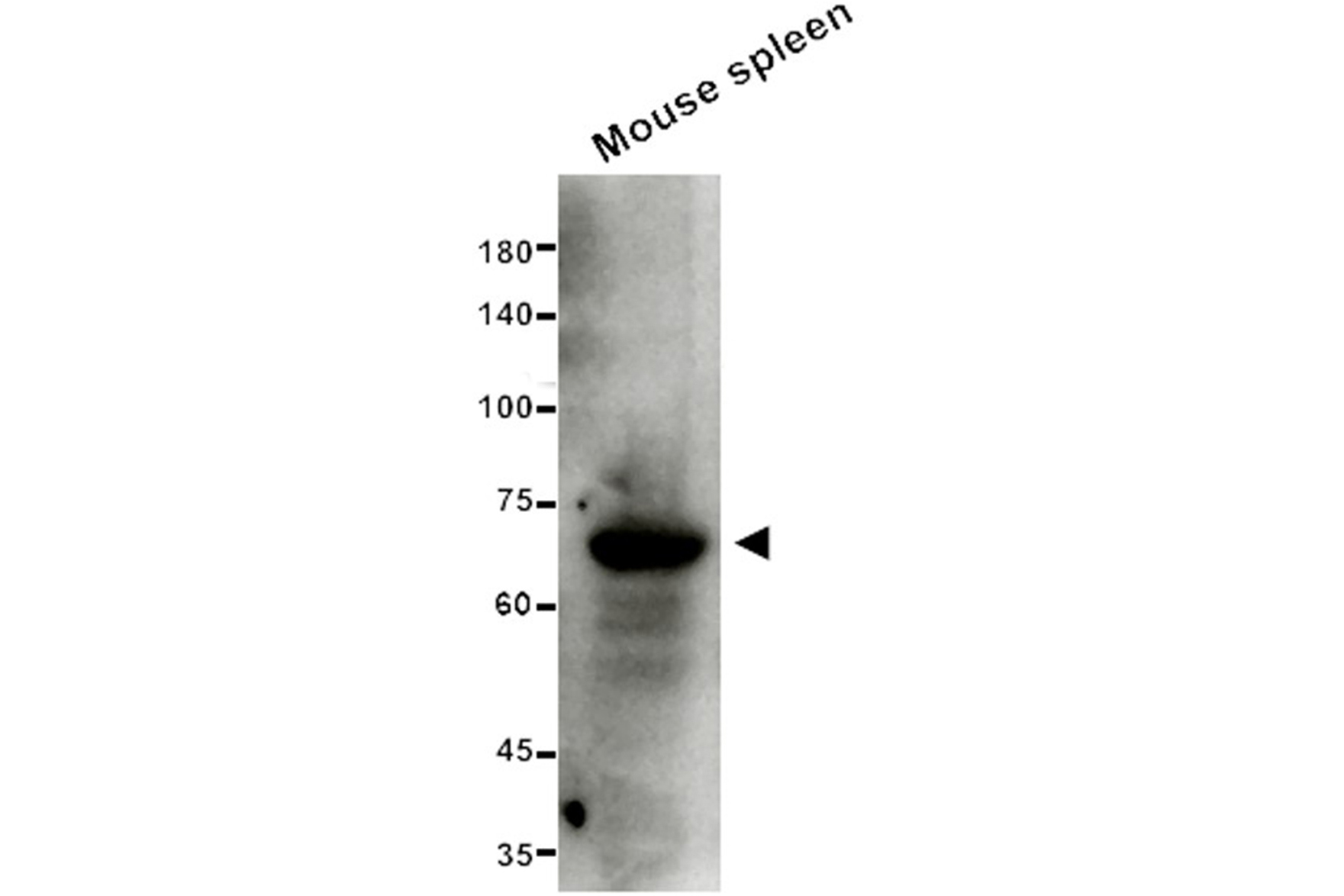 |
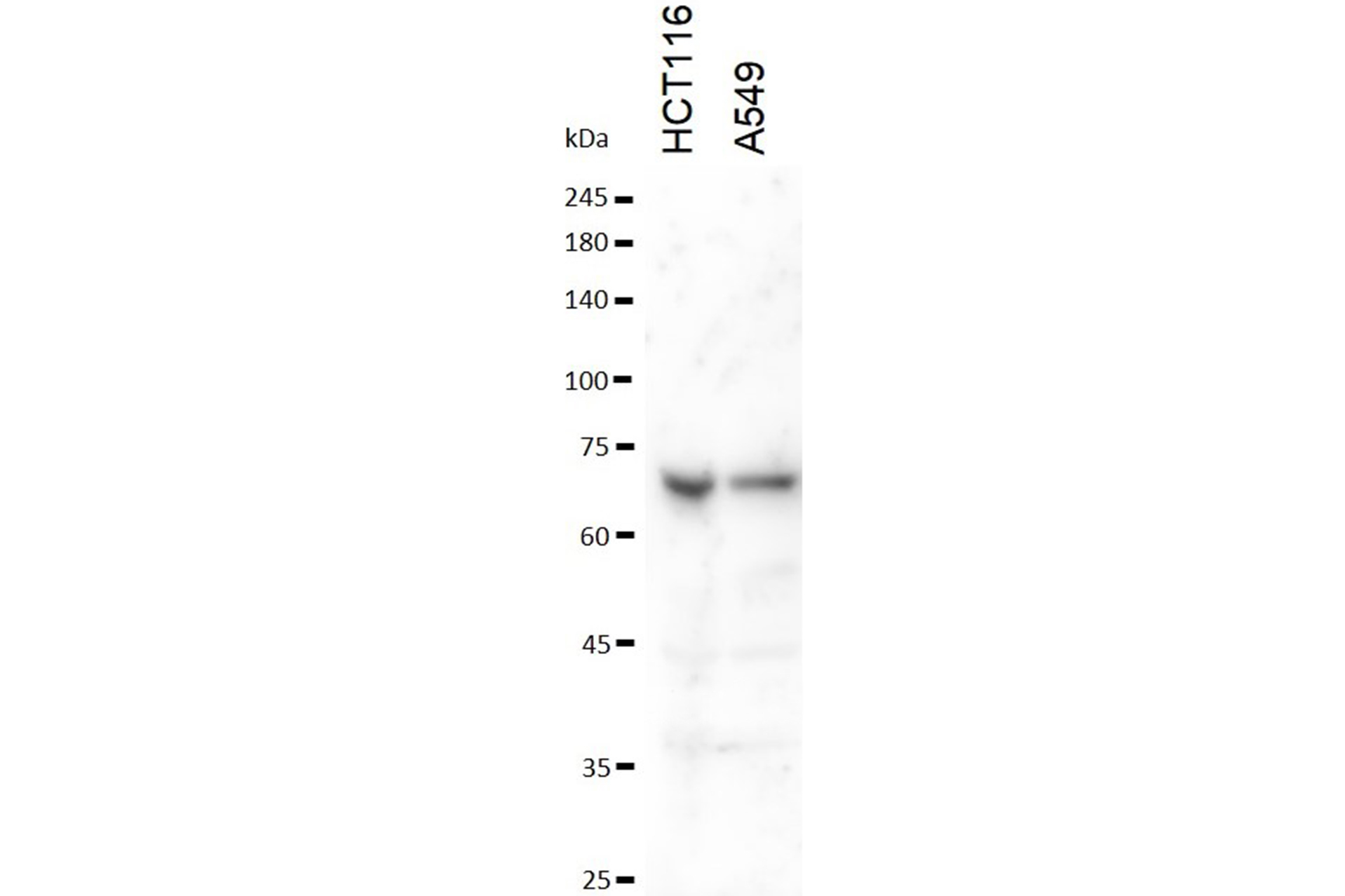 |
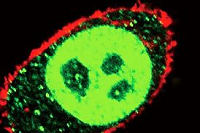 |
|
Related News |
